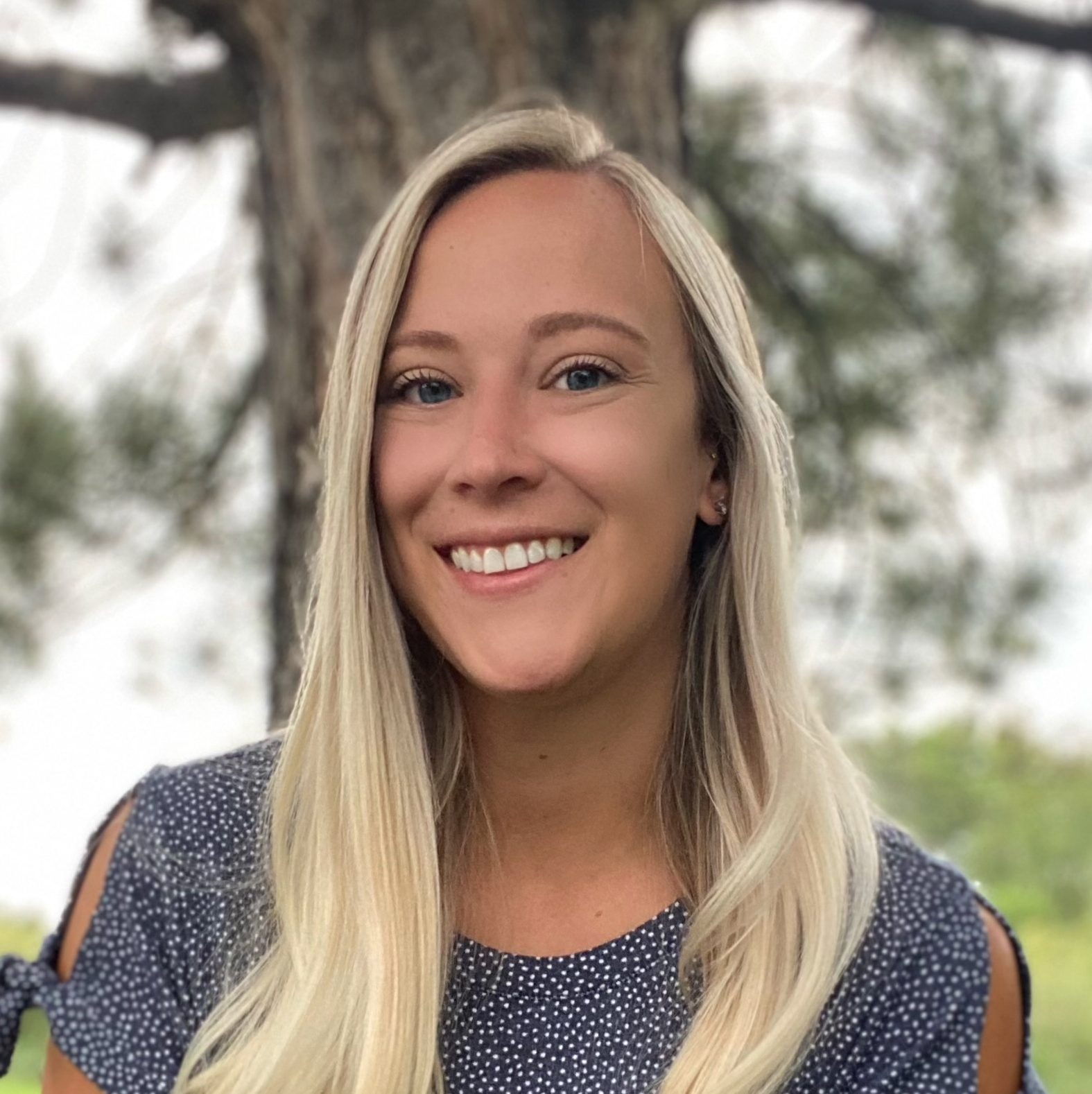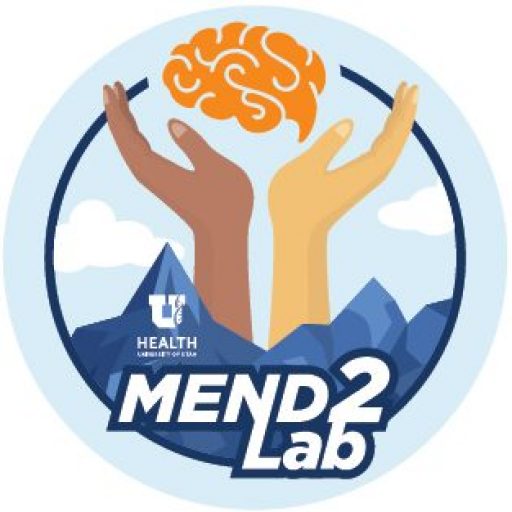Click here to learn more about our current studies and how you can volunteer to participate
ABOUT US
Learn more about the MEND2 Lab
CONTACT US
Have questions? Want to talk to our lab?
Ohio State University: call or text (614) 908-3656 or email ohiomend2lab@gmail.com
University of Utah: call or text (385) 313-0039 or email utahmend2lab@gmail.com
About Us
The MEND2 laboratory uses biopsychosocial tools, including neuroimaging, performance, self-report and other-report, and blood and saliva assays in mood disorders. We use these tools to identify biomarkers to inform precision medicine, including diagnosis, risk, prevention/treatment selection, treatment effectiveness, and course modification.
MOOD DISORDERS
Mood disorders include depressive disorders and bipolar disorders. Much of our work focuses on understanding how mood disorders look in the brain and how to help.
SELF-INJURIOUS THOUGHTS AND BEHAVIORS
Self-injurious thoughts and behaviors include thoughts of suicide and self-harm as well as suicidal and non-suicidal behavior.
TREATMENT
Some of our studies look at how specific treatments, like rumination-focused cognitive behavioral therapy (RF-CBT) helps people with mood disorders and self-injurious thoughts and behaviors. We are also interested in how these treatments change the brain.
NEURODEVELOPMENT
The MEND2 Lab has conducted research across the lifespan. Currently, many of our studies focus on teens because mood disorders and self-injury often begin around this time. By understanding and treating these challenges earlier, we might be more successful in reducing suffering. This is because the brain is more flexible in childhood and adolescence.
Faculty

Scott Langenecker, PhD (he/him/his)
Professor, The Ohio State University
Adjunct Professor, University of Utah
Dr. Langenecker is a Professor, Neuropsychologist, and Vice Chair of Research within the Department of Psychiatry and Behavioral Health at The Ohio State University. He received his PhD in Clinical Psychology from Marquette University and has spent decades investigating neurobiological mechanisms of mood disorders in adolescents and adults. He works on multiple studies including RuMe, ReSIST, and SOAR at both The Ohio State University and Nationwide Children’s Hospital. In his free time, he likes to hike, bike, cook, and spend time with his two cats Bowie and Mushu.

Mindy Westlund Schreiner, PhD(she/her/hers)
Psychologist & Clinical Scholar, Nationwide Children’s Hospital
Assistant Professor, The Ohio State University
Dr. Westlund Schreiner is an Assistant Professor and Psychologist at Nationwide Children’s Hospital with a joint appointment at The Ohio State University. She received her PhD in Clinical Psychology from the University of Minnesota. Her work focuses on the neurobiological mechanisms of self-injurious thoughts and behaviors and interventions in adolescents. She primarily works on the ReSIST and RuMe studies. She has fostered many kittens and is the proud cat mom of two (mostly) sweet felines.

Erin Kaufman, PhD
Assistant Professor, University of Utah
Dr. Kaufman is an Assistant Professor and Psychologist within the Department of Psychiatry at the University of Utah. She received her Ph.D. in Clinical Psychology from the University of Utah. Dr. Kaufman’s program of research focuses on interrupting pathogenic factors that contribute to self-inflicted injury (SII), borderline personality disorder (BPD), and suicide.
Students and Staff

Maci Jacobson, BS
Graduate Student
University of Utah
Maci Jacobson graduated with a BS in Neuroscience from Brigham Young University. Her interests in reward and motivation pathways has driven her to pursue a Ph.D. in Neuroscience at the University of Utah and to join the MEND2 Lab. Her motto is “I study how we work in order to maximize that work!” When she is not studying or in the lab, Maci loves watching and playing sports, reading Harry Potter with her husband, and spending time in the mountains.

Myah Pazdera, MS (she/her/hers)
Research Associate
University of Utah
Myah is a Research Associate in the MEND2 Lab where she is involved in running and maintaining all lab studies. She graduated from the University of Wisconsin-Milwaukee with a M.S. in Cognitive and Developmental Science. Myah is interested in prevention science, especially as it relates to development, trauma, and cognitive neuroscience among at-risk youth. In her free time, she enjoys being outside with her dogs.

Matthew Thompson, MPhil (he/him/his)
Research Associate
Ohio State University
Matthew is a Research Associate in the MEND2 lab where he is involved in running and managing data for multiple lab studies, including RuMe and SOAR. He graduated from the University of Oslo with a MPhil in Cognitive Neuroscience. Matthew is interested in the neurobiological mechanisms of affect, especially in the context of mood disorders.

Ava Alexander, BA (she/her/hers)
Independent Evaluator
University of Utah
After graduating with a B.A. in psychology from Bowdoin College, Ava spent three years working for an integrated mental health team in the juvenile justice system in New York City. Her interest in trauma and mental health among at-risk youth then led her to pursue a PhD in clinical psychology at the University of Utah, where she matriculated in 2021. Her current research is focused on reciprocal links between trauma, incarceration, and gang involvement among adolescents. Ava grew up in the city The Office takes place in!

Leah Thomas, MS (she/her/hers)
Senior Research Associate, Independent Evaluator
Ohio State University
Leah joined the MEND2 Lab in 2019. She graduated with a Master’s in psychology from the University of Utah after obtaining a Bachelor’s in Psychology from California Polytechnic University San Luis Obispo. Leah’s research interests focus on the underlying risk and protective mechanisms in the development of mood disorders. She works primarily on the RuMe and SOAR studies. Leah comes from a cute fairytale-like village in Germany.

Hannah Ollech, BA (she/her/hers)
Clinical Research Coordinator
Nationwide Children’s Hospital
Hannah graduated with a Bachelors in Neuroscience from the College of Wooster (2024) with minors in Biology and Public Health. She is currently a Clinical Research Coordinator for the MEND2 lab at Nationwide Children’s Hospital in Columbus, Ohio, working primarily on the RuMe and ReSIST studies. She has an interest in clinical treatments for suicidality/self-injurious behavior and health equity and hopes to pursue these topics in graduate school. In her free time, she enjoys attending concerts and playing with her kitten, Soup.

Leo Kalotihos, BA (he/him/his)
Clinical Research Coordinator
Nationwide Children’s Hospital
Leo earned a BA from Sarah Lawrence College (2024), where he studied psychology and neuroscience. His primary research interests include suicide and self-injurious behaviors in at-risk populations. He is particularly interested the identification, development, and interaction of risk/protective factors — especially social connectedness. Leo aspires to pursue a PhD in clinical psychology and continue to dedicate his career to suicide prevention. He primarily works on ReSIST and RuMe. Leo enjoys running, drinking coffee, and mixed media arts (leokalotihos.com).

Chuck Kingston, BS (he/him/they)
Clinical Research Assistant
Ohio State University, Nationwide Children’s Hospital
Chuck earned a Bachelors in Neuroscience with minors in Clinical Psychology and Philosophy from The Ohio State University (2023). His research interests include intergenerational transmission of depression/trauma and developing efficient and culturally appropriate psychological assessment strategies for low- and middle- income countries. He primarily works on RuMe and SOAR. Chuck is also a giant (latin -> old french) etymology (latin -> greek -> old french again) fan (latin, fanaticus)
The information posted on this site is consistent with the research reviewed and approved by the University of Utah Institutional Review Board (IRB) and Ohio State University IRB. However, the Utah and OSU IRBs have not reviewed all material posted on this site. You can contact us directly with any questions. You may also contact the relevant IRB if you have questions regarding your rights as a research participant. Also contact the local IRB if you have questions, complaints, or concerns which you do not feel you can discuss with the investigator. The University of Utah IRB may be reached by phone at (801) 581‐3655 or by e-mail at irb@hsc.utah.edu. The Ohio State University IRB may be reached by phone at (614)-688-8457 or by email at hsconcerns@osu.edu.

